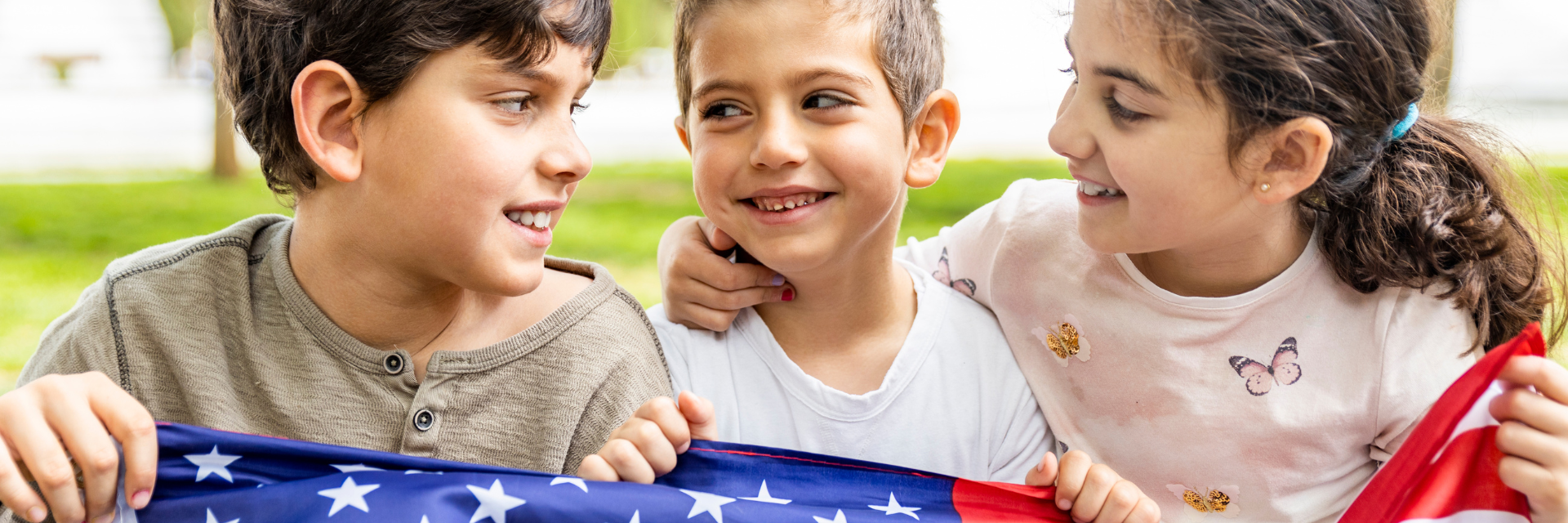
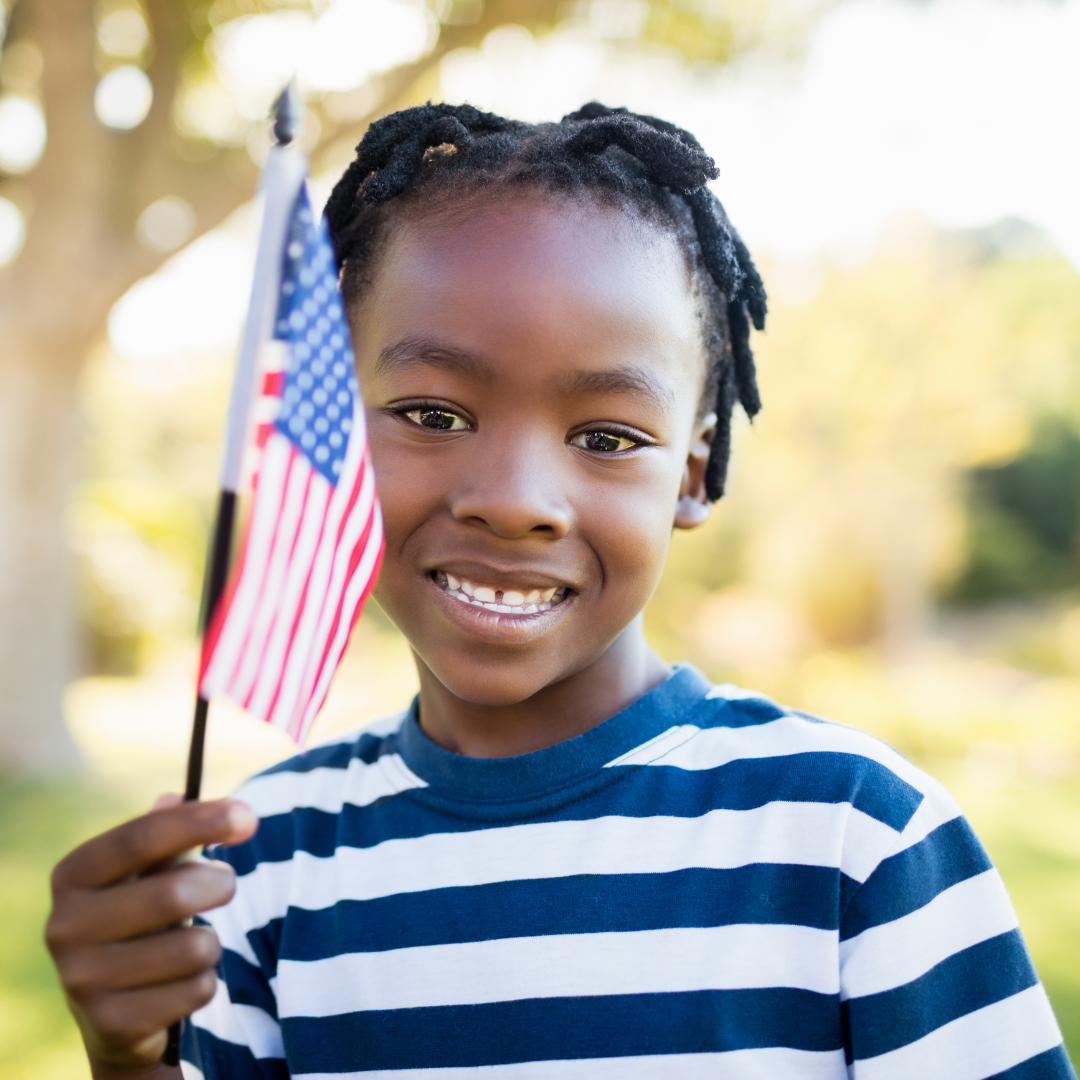 In the final sprint to the White House, phones are relentlessly pinging with donation requests, social media feeds are slammed with propaganda and righteous opinions, TV ads are slandering opponents, media sources are generating non-stop election news stories. Election season can be a challenging time for everyone, as both adults and children feel the heightened energy, stress, and uncertainty that accompany national conversations and news cycles.
In the final sprint to the White House, phones are relentlessly pinging with donation requests, social media feeds are slammed with propaganda and righteous opinions, TV ads are slandering opponents, media sources are generating non-stop election news stories. Election season can be a challenging time for everyone, as both adults and children feel the heightened energy, stress, and uncertainty that accompany national conversations and news cycles.
Regardless of whether children are directly involved in political discussions, they are nonetheless affected by the surrounding atmosphere, often absorbing the emotions and conversations taking place around them. Children notice changes in their surroundings, which may be marked by increased tension, polarized conversations, or disruptions in routines as adults become preoccupied with election-related matters. The effects of elections on mental health can differ significantly based on age, media exposure, and individual sensitivity to stress or conflict.
It is crucial for parents, educators, and caregivers to proactively support children's mental health during these periods, fostering an environment where they feel safe and heard. Adults can take proactive steps to help children process and understand the election season while prioritizing their mental health and sense of security.
- Encourage open dialogue: let children know they can ask questions about anything confusing or troubling they hear. Explain situations in a way that suits their age and maturity level. For instance, you might say, “Grown-ups are making important decisions, and sometimes that can make us feel a little nervous. It’s okay to talk about it.”
- Limit media exposure: to prevent overwhelming emotions, consider reducing children's exposure to news and social media, especially for younger kids. Instead, engage in calming activities like family reading time, creative projects, or outdoor play.
- Teach healthy stress management: practicing stress-management techniques as a family can equip children to handle stress better. Activities like mindfulness exercises, breathing techniques, and regular physical activity can help everyone stay connected during tense times.
- Create a sense of stability: maintaining routines and consistent family time provides children with a sense of safety and predictability. Family dinners, weekend outings, or daily rituals can offer comforting structure, helping to mitigate stress.
- Model emotional regulation: children look to adults as examples for handling emotions. By modeling calm and respectful conversations—even around challenging topics—parents can demonstrate constructive engagement with complex issues. Acknowledge worries while also sharing healthy coping strategies.
- Promote positive community discussions: use this opportunity to emphasize community involvement, kindness, and support. Discuss voting as a way to care for the community and explore volunteer opportunities to show children how collective efforts can lead to positive change.
- Prioritize adult self-care: supporting children's mental health during high-stress times requires that adults practice self-care as well. Managing your own stress equips you to offer the patience and reassurance children need. Engage in activities that help you maintain balance, whether through exercise, socializing, or setting boundaries with work and screens.
Despite the stress and challenges of election season, it can be an excellent opportunity to introduce children to essential values like community, empathy, and the democratic process. By fostering open communication, consistency, and support, adults can help children feel grounded during this time, equipping them with the tools to manage future stressors in healthy, constructive ways.
Prioritizing these practices ensures children's well-being remains at the forefront, building resilience and encouraging positive engagement with the world around them.
Helpful Resources
We have developed an array of resources and tools to help you support your child. We have pulled together resources that may be helpful in navigating the stress of this election season.
- Loving-Kindness Mindfulness For Kids
- Meditation and Mindfulness for Children Tip Sheet
- Pizza Breathing: Helping Children Calm Down
- Regulation Strategies for Children
- How The Brain Responds to Stress: Hand Brain Model
- Activities for Play to Support Children’s Mental Health
- Ways To Play: Helping Children Examine Their Feelings through Journaling and Writing
- Ways to Play: Explore Feelings with Your Child Using Fun Activities
Parent and Caregiver Resources
- Support Social-Emotional Development in Children Workshop
- Supporting Empathy Development Workshop
- Ways to Talk To Children: Tackling Difficult Conversations
Get the latest news and updates in your inbox!
By submitting this form, you are consenting to receive emails from: Center for Child Counseling, 8895 N. Military Trail, Palm Beach Gardens, FL, 33410. You can revoke your consent to receive emails at any time by using the SafeUnsubscribe® link, found at the bottom of every email.

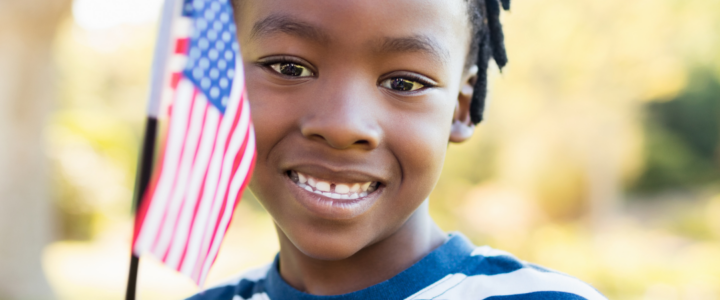
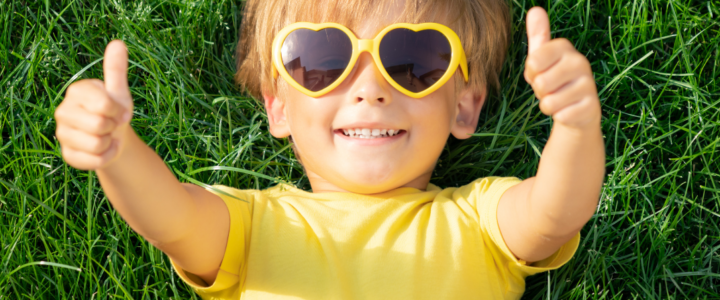
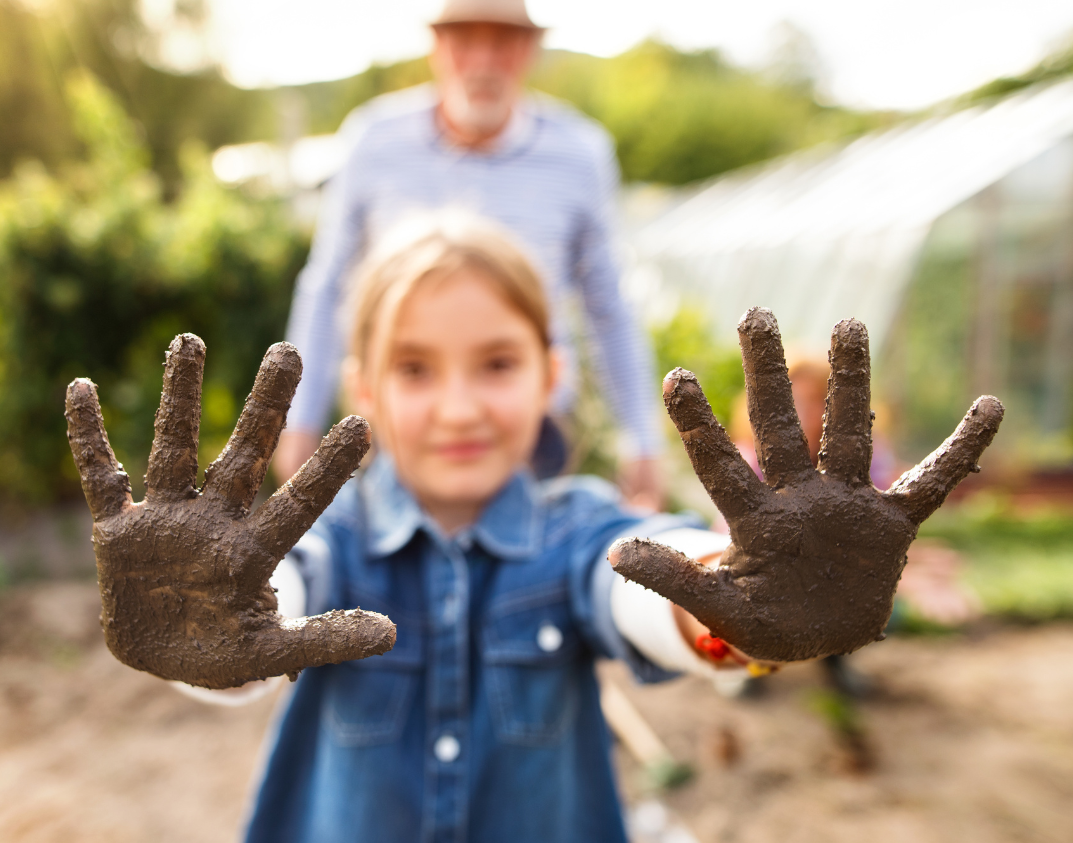
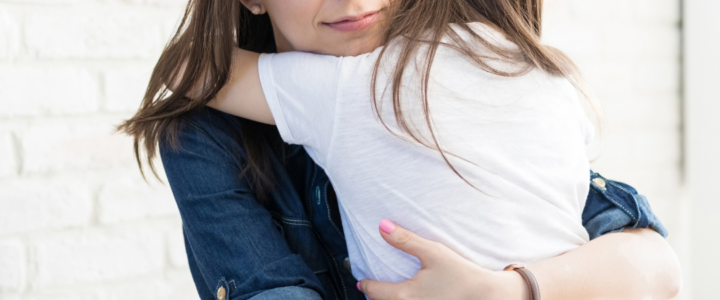
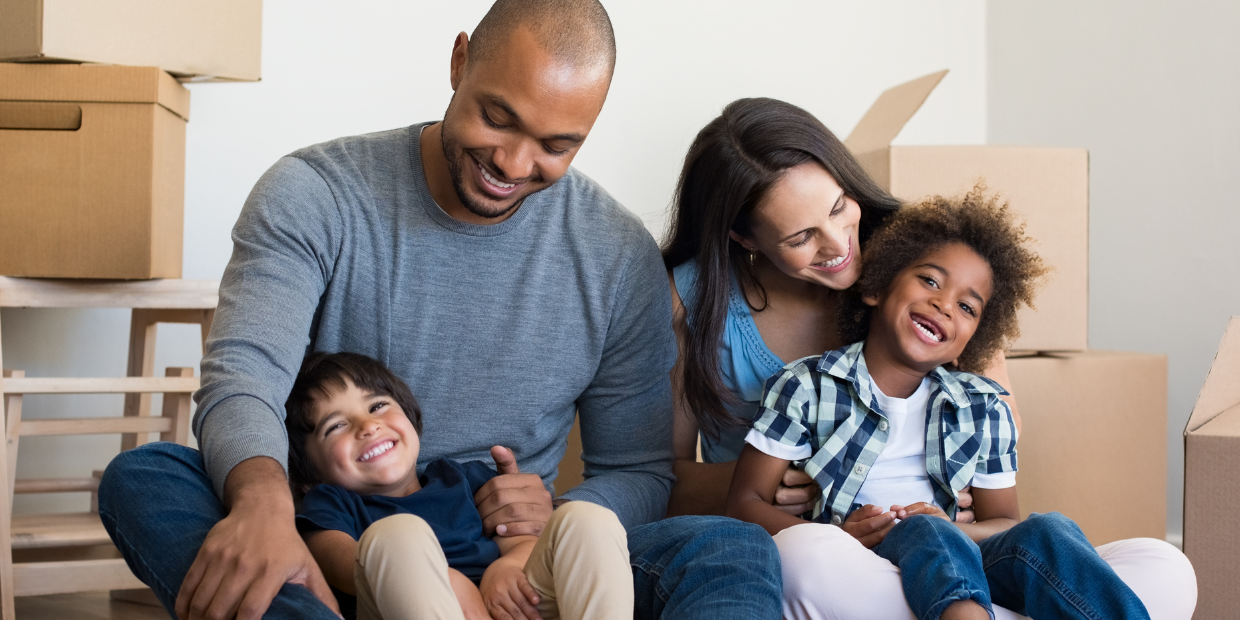
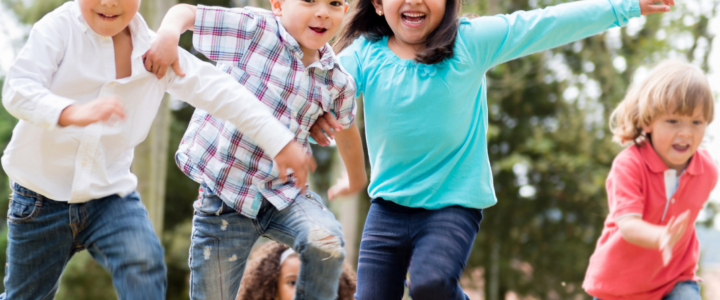


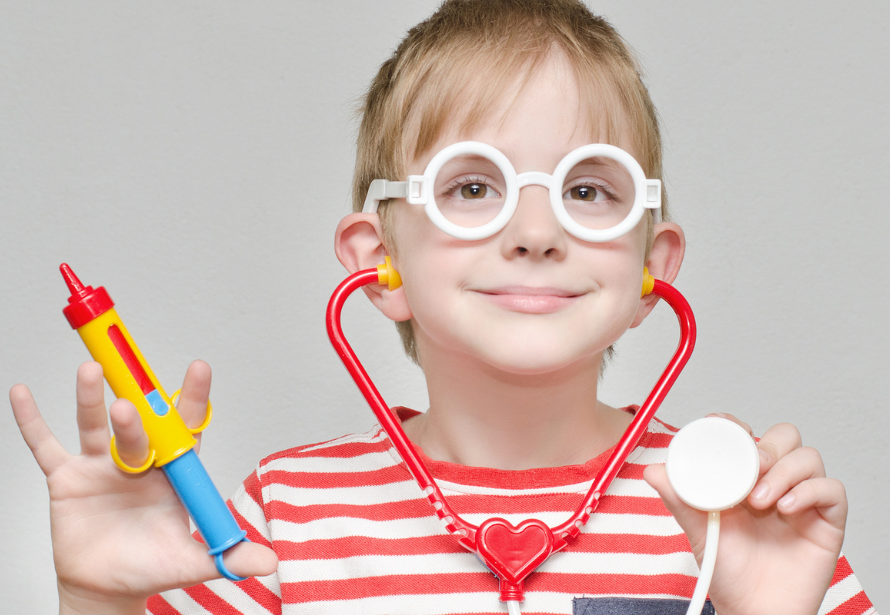 foundation of our work with children. Our staff have ongoing training in Play Therapy and we are credentialed through the
foundation of our work with children. Our staff have ongoing training in Play Therapy and we are credentialed through the 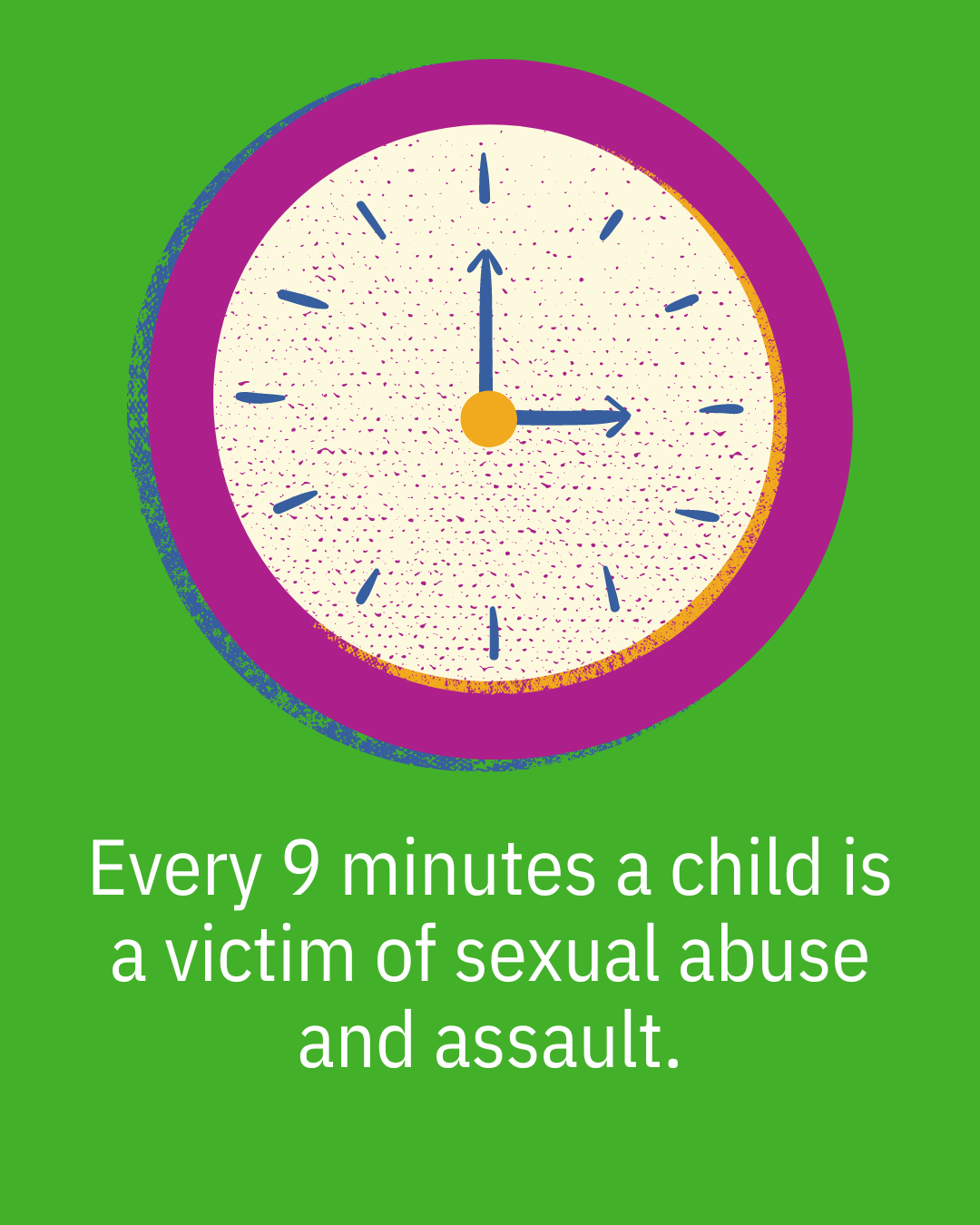
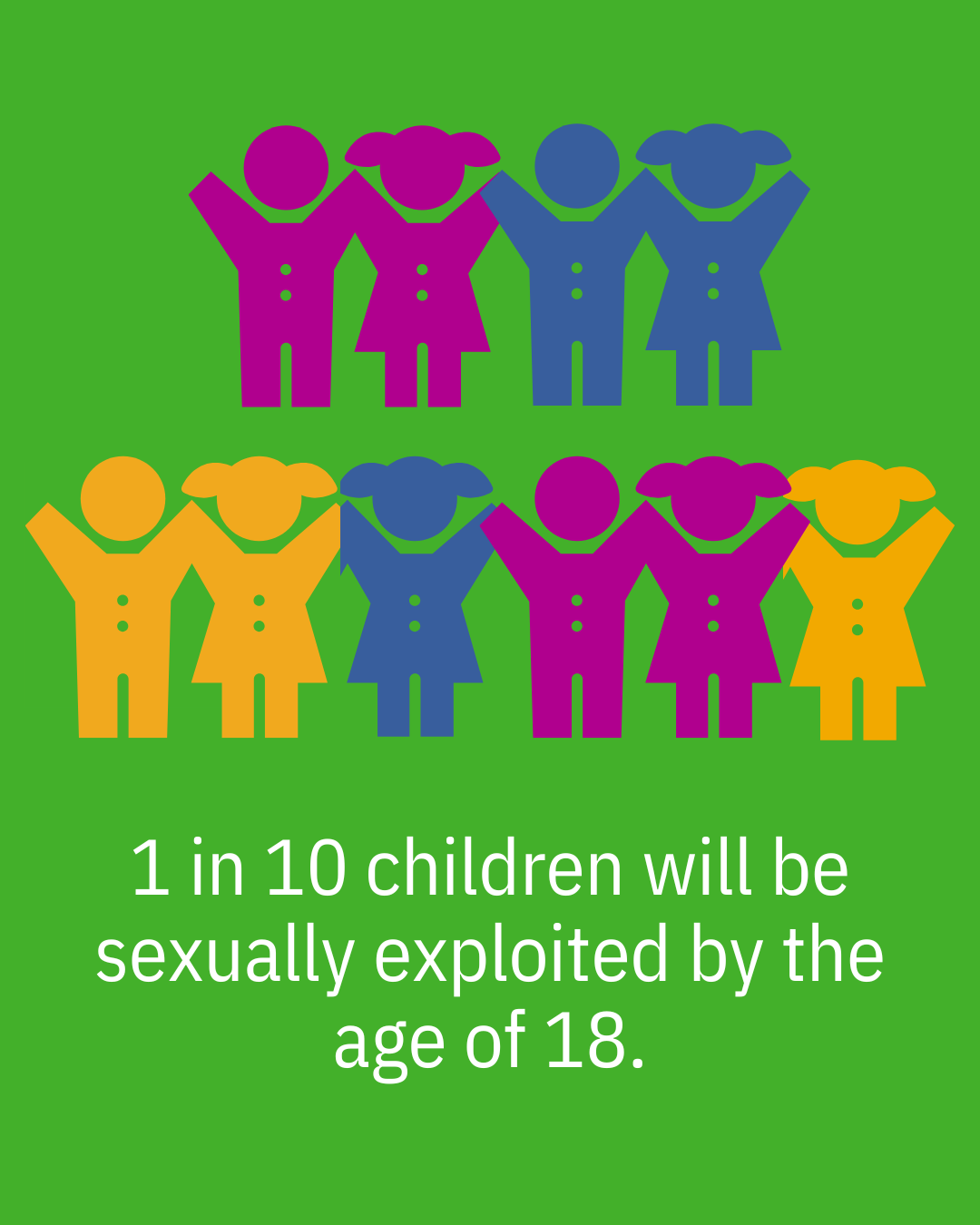

 Such an approach includes creating a system of awareness, education, prevention, support, and treatment in communities. Like the public health approach model used for wearing seat belts to prevent injury and death, we must change the societal behavior and norms around sexual abuse in order to alter society for the better. The long-term health and safety benefits of increasing trauma-aware adults has a direct correlation to decreasing all types of child abuse–sexual along with physical, emotional, and neglect. In turn, this can lead to higher educational achievement, less involvement with the criminal justice system, and better physical health and social outcomes overall.
Such an approach includes creating a system of awareness, education, prevention, support, and treatment in communities. Like the public health approach model used for wearing seat belts to prevent injury and death, we must change the societal behavior and norms around sexual abuse in order to alter society for the better. The long-term health and safety benefits of increasing trauma-aware adults has a direct correlation to decreasing all types of child abuse–sexual along with physical, emotional, and neglect. In turn, this can lead to higher educational achievement, less involvement with the criminal justice system, and better physical health and social outcomes overall. As the CEO of
As the CEO of 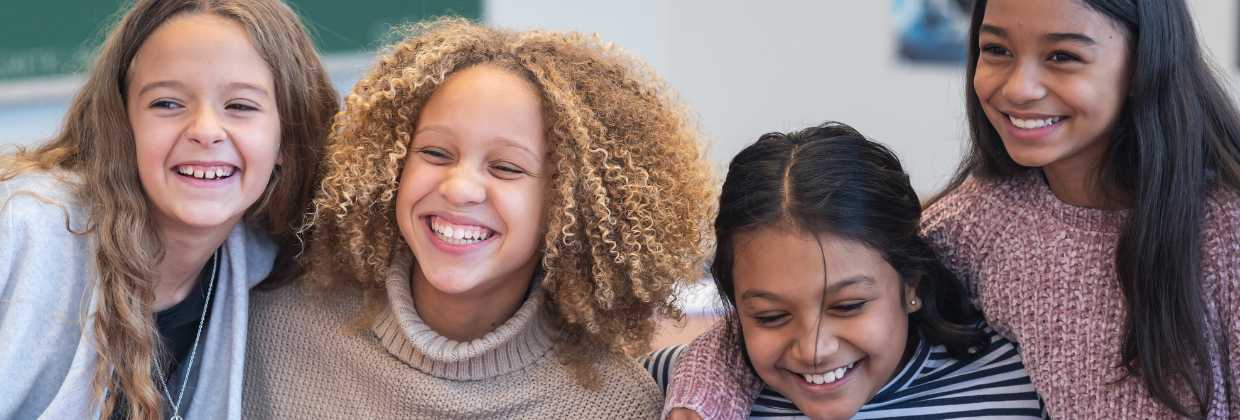
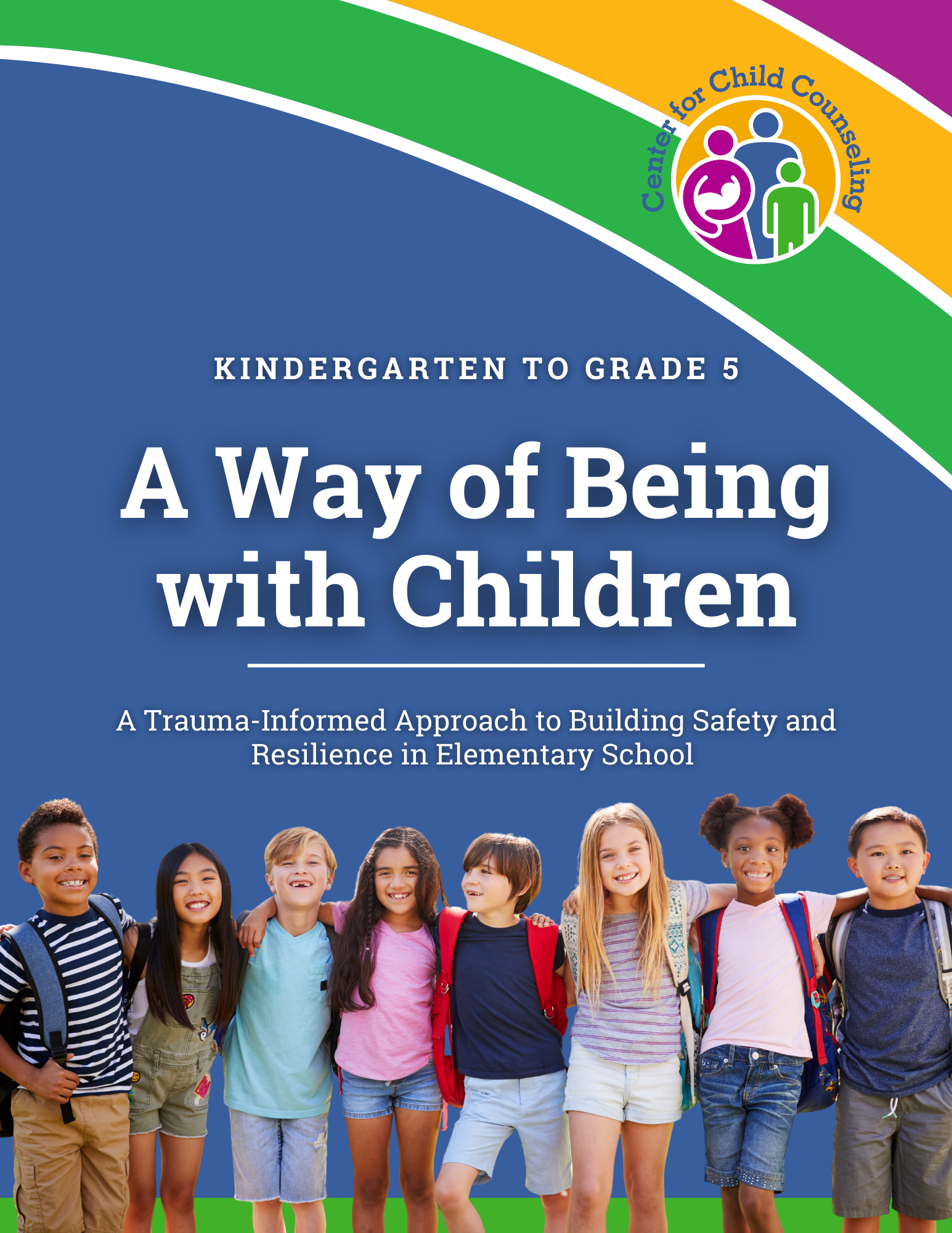 In a rapidly changing world, the need for resilience in our children has never been more critical. At Center for Child Counseling, we believe that every child has the right to grow up in an environment where they feel safe and nurtured, with the opportunity to thrive.
In a rapidly changing world, the need for resilience in our children has never been more critical. At Center for Child Counseling, we believe that every child has the right to grow up in an environment where they feel safe and nurtured, with the opportunity to thrive.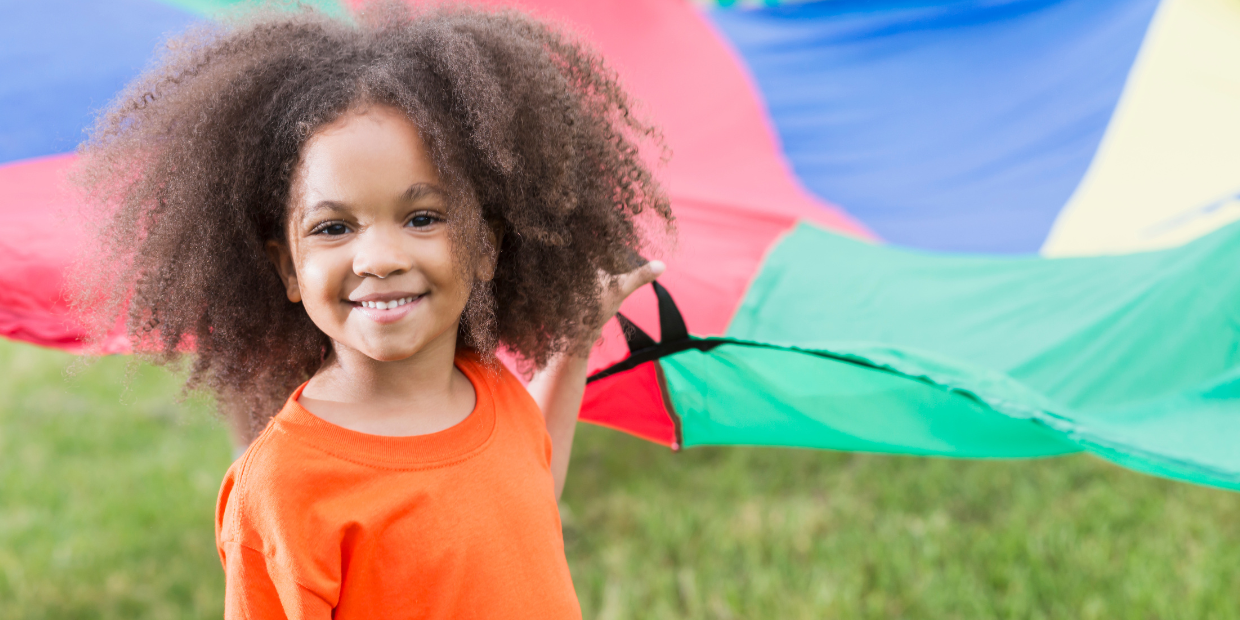
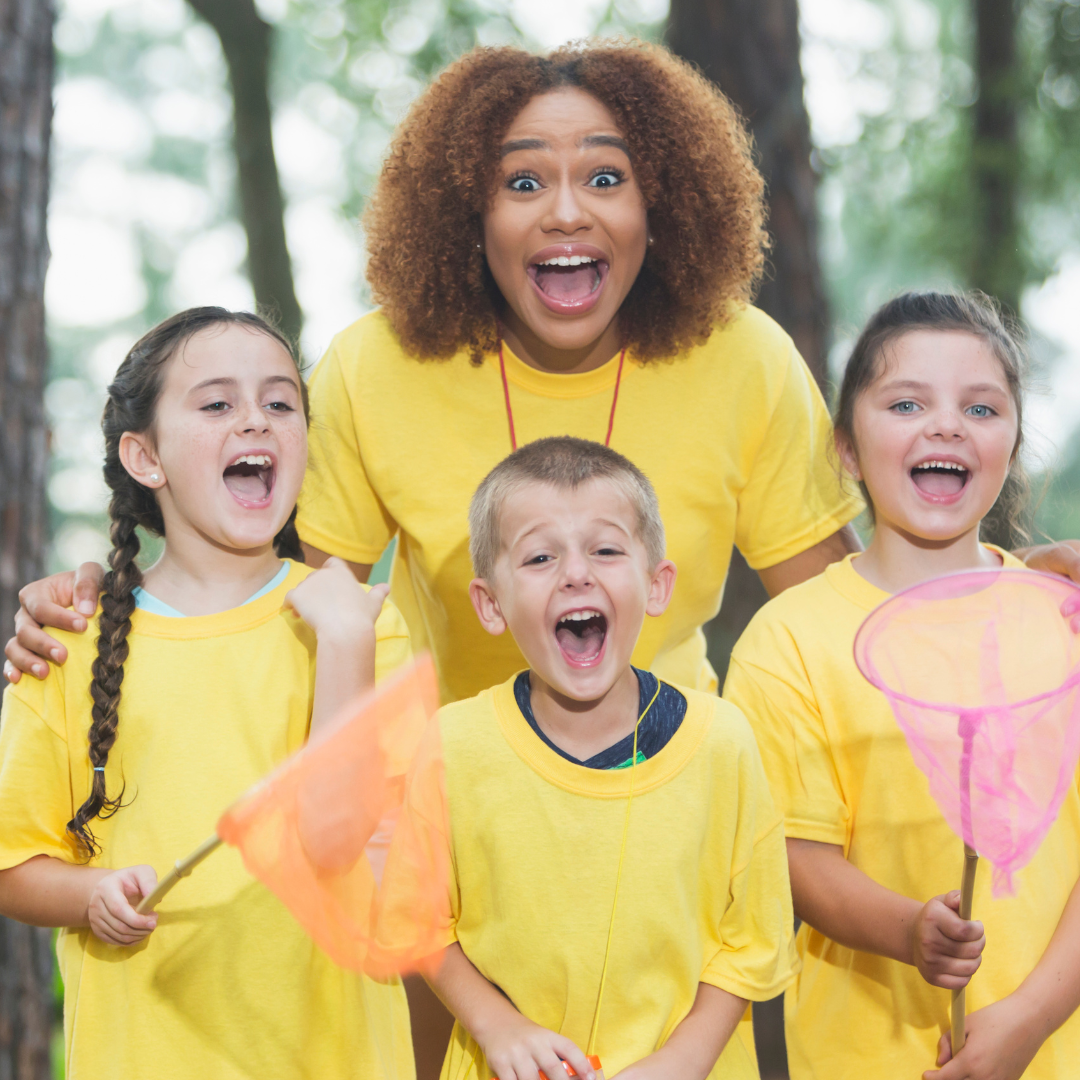 If you could go back to any age what would it be? The first thing that comes to my mind is my amazing summers at sleep-away camp, starting at age 8 (yep, you read that right). Many who know me might be surprised that I am a huge supporter of sending kids to overnight camp. But yes, I am – provided that camp is properly vetted for safety. That’s where you come in.
If you could go back to any age what would it be? The first thing that comes to my mind is my amazing summers at sleep-away camp, starting at age 8 (yep, you read that right). Many who know me might be surprised that I am a huge supporter of sending kids to overnight camp. But yes, I am – provided that camp is properly vetted for safety. That’s where you come in.

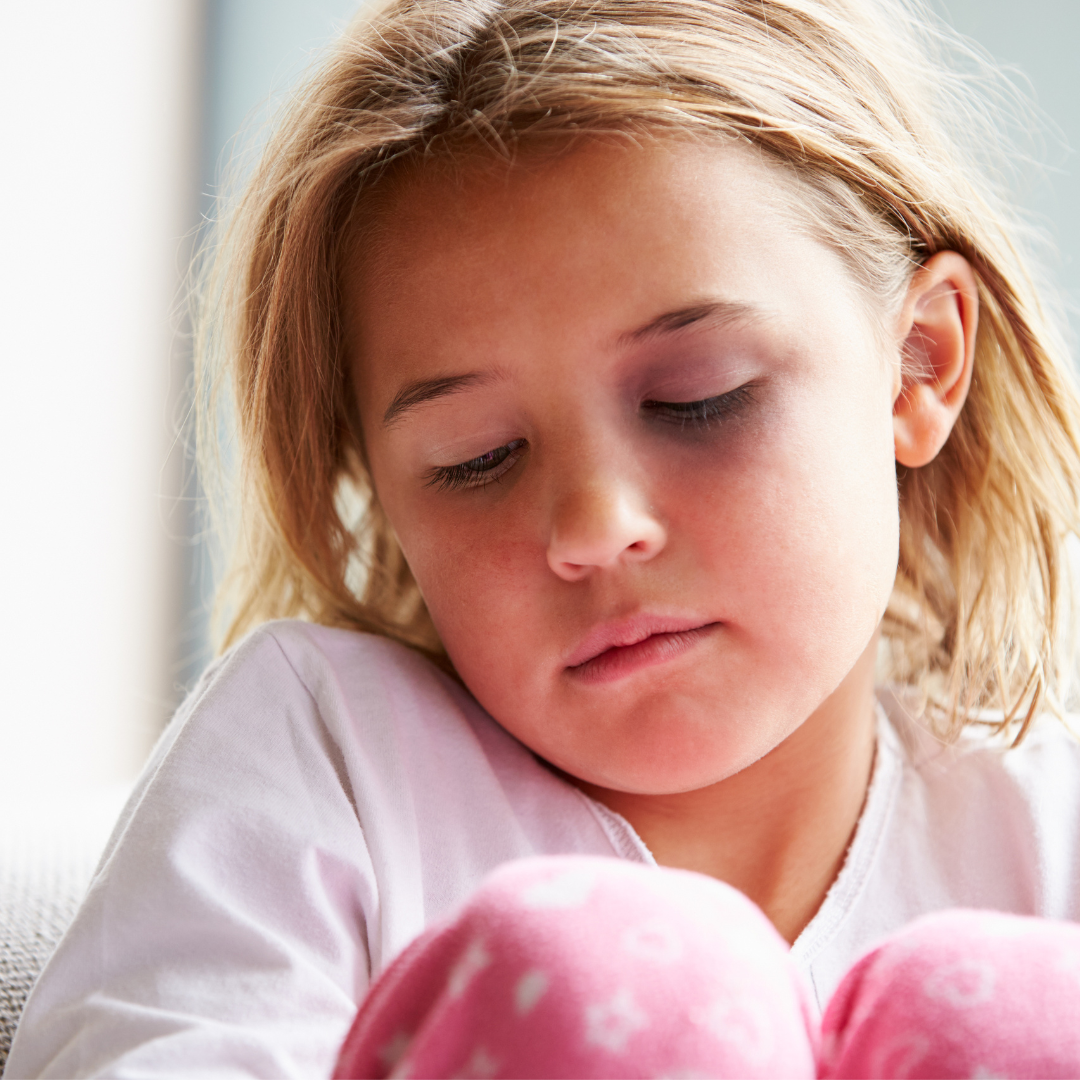 How to protect our kids? Simply put, we can protect our children by becoming more knowledgeable about child sex trafficking and child sexual abuse.
How to protect our kids? Simply put, we can protect our children by becoming more knowledgeable about child sex trafficking and child sexual abuse.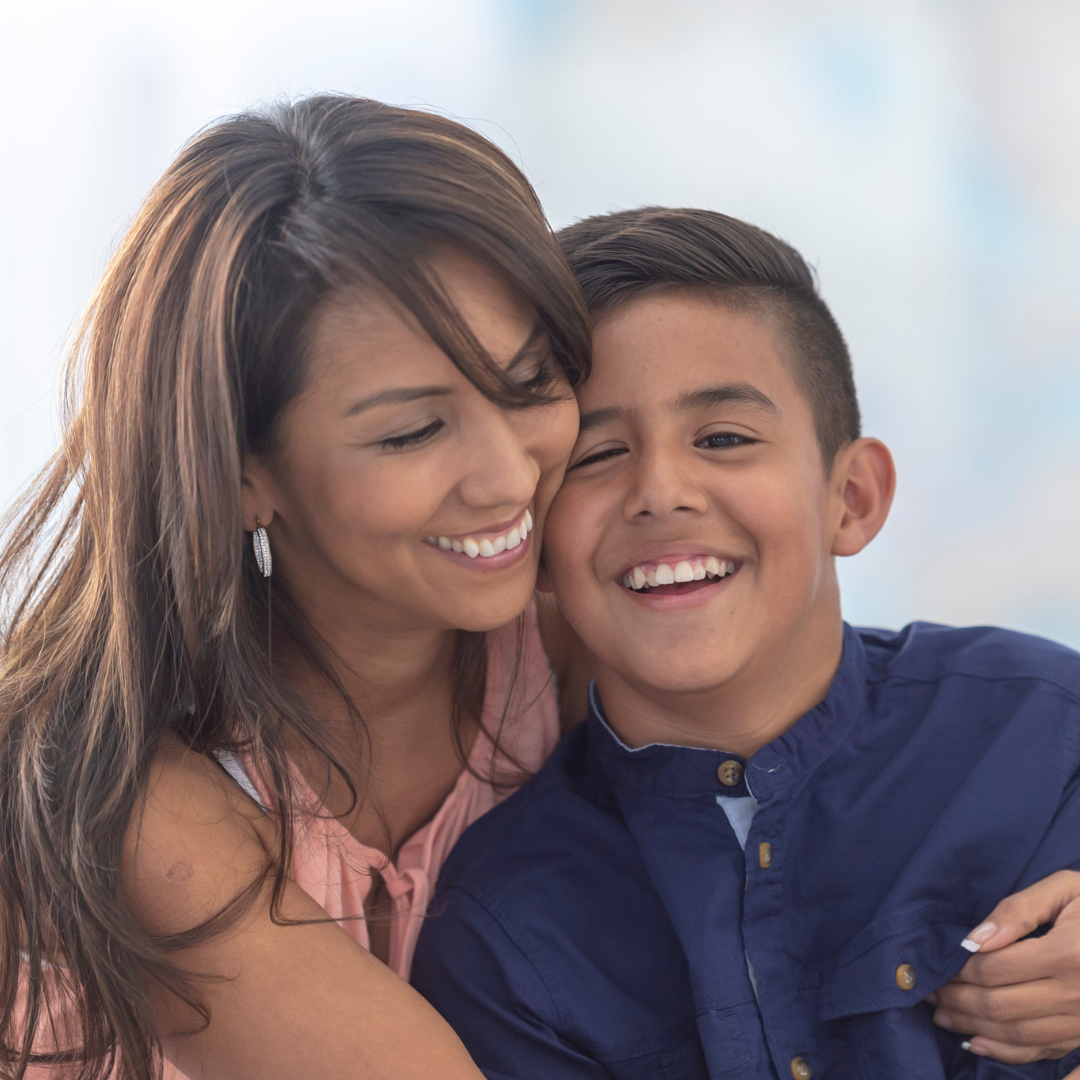 Some touches make us feel comfortable and safe while others do not. In our society we do not talk much about touching in general. We either say “Don’t touch your Brother” or “Use nice hands.” (From my daughter’s preschool days.) Let’s dive a little deeper as human touch is an important part of wellness and healthy development.
Some touches make us feel comfortable and safe while others do not. In our society we do not talk much about touching in general. We either say “Don’t touch your Brother” or “Use nice hands.” (From my daughter’s preschool days.) Let’s dive a little deeper as human touch is an important part of wellness and healthy development.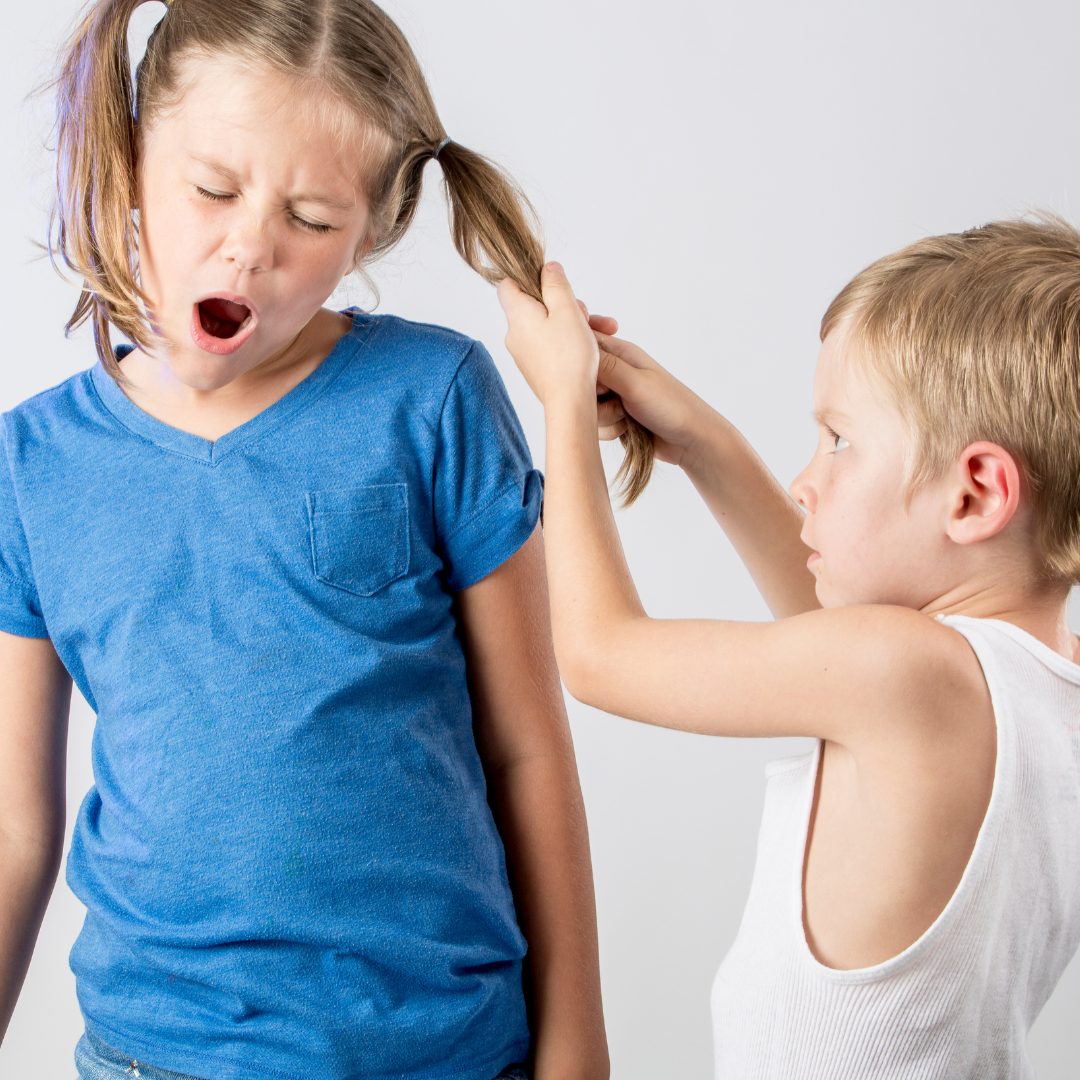 Unsafe touches happen every day. Examples: Siblings shoving each other, a grown-up grabbing an arm of a child in frustration, a child being physically harmed by another student at school (bullying), someone touching a child’s private parts, or forcing a child to touch their private parts.
Unsafe touches happen every day. Examples: Siblings shoving each other, a grown-up grabbing an arm of a child in frustration, a child being physically harmed by another student at school (bullying), someone touching a child’s private parts, or forcing a child to touch their private parts. KIDSAFE TIP:
KIDSAFE TIP: